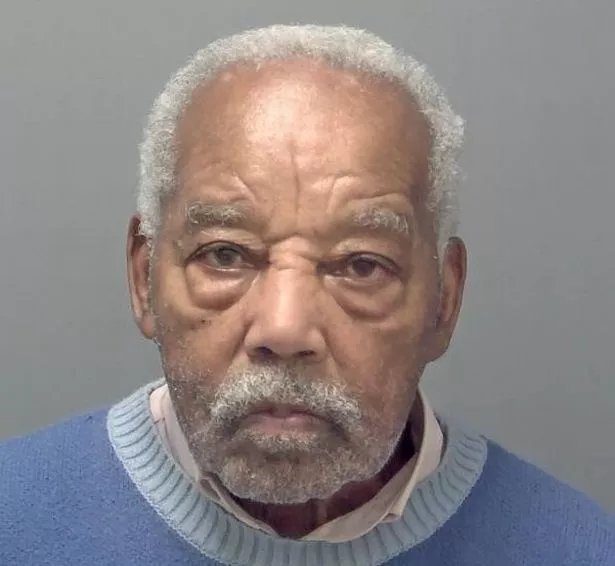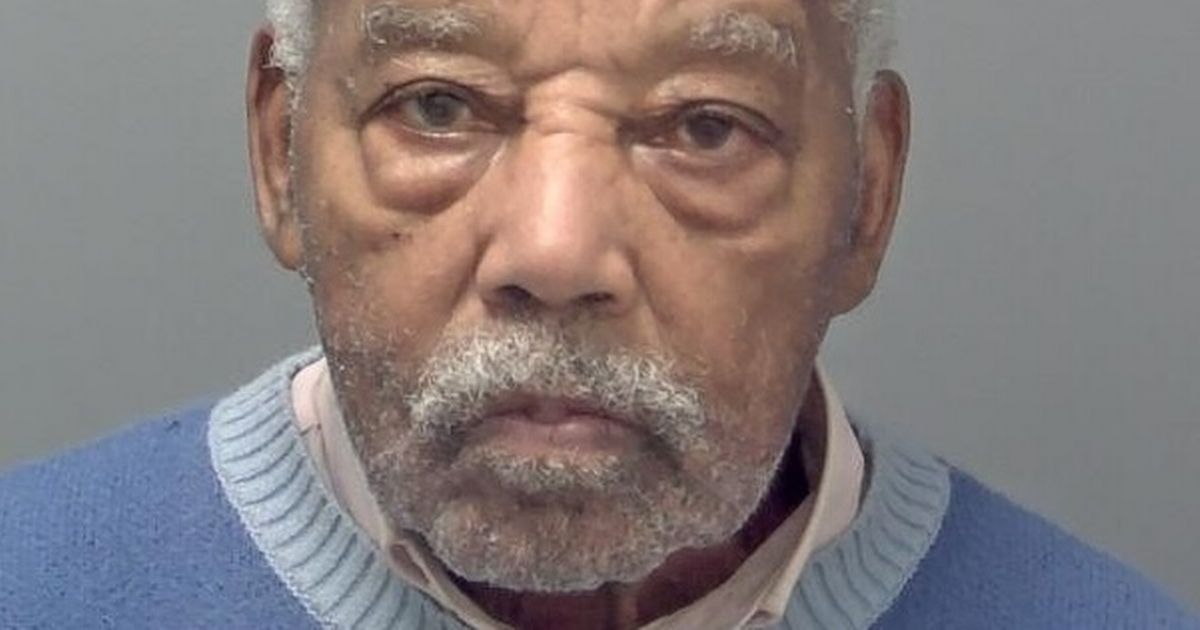There’s ‘every possibility’ other cold cases may be linked to Headley
The conviction of Ryland Headley for the rape and murder of a Bristol woman has prompted police forces across the country to look at whether the killer could be linked to other sickening unsolved crimes.
Headley, now 92, was today, Monday, June 30, found guilty of raping and murdering Bristol woman Louisa Dunne in 1967, one of the oldest cold cases in British history.
He was also convicted of two counts of rape in the late 1970s, after he brutally attacked two elderly women in Ipswich.
Both offences happened in October 1977.
One of the victims was in her late seventies and the other was in her mid-eighties.
Headley admitted these offences, with a further 10 burglary offences committed in the 1970s being taken into consideration.
He was initially sentenced to life imprisonment, but this was reduced following an appeal to a seven-year jail term.
Headley mercilessly targeted elderly women and the three sex attacks for which has has been convicted all followed a similar violent pattern.
Louisa Dunne was 75 when Headley raped and murdered her.
 Ryland Headley(Image: Avon & Somerset Police)
Ryland Headley(Image: Avon & Somerset Police)
Detective Inspector Dave Marchant, of Avon and Somerset Police, says forces across the country were now examining whether Ryland Headley could be linked to other unsolved crimes.
“Ryland Headley has now been convicted of three rapes of elderly women within their own addresses, and in the case of Louisa Dunne, her murder as well,” he said.
“In 1978, when he was sentenced, he admitted to a number of other burglary offences.
“I think there’s every possibility that there are other offences out there – over the 60s, 70s, however long a time period – which Mr Headley could be culpable for.
“We are working with colleagues across the country and other police forces and the National Crime Agency to try to understand and identify those potential further offences, and if possible, can we match them through any forensic techniques etc and if we are able, hopefully then get him before a court to face justice over those matters too.”
